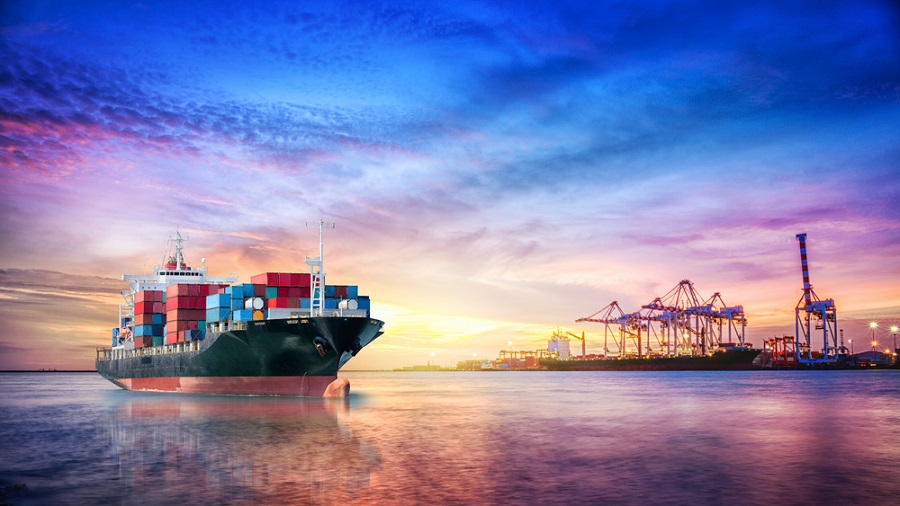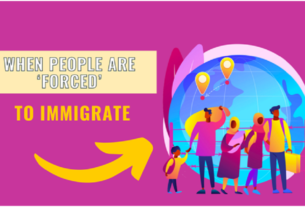Shipment refers to the transportation of goods via air, land or water. Quite often, people get confused between the words Shipment and Cargo. The former term refers to the process of transporting goods by any mode, whereas the latter term refers to the goods themselves. Sea freight is the method of transportation of goods via ships. Up to 90{8425beff49249f921e7a852ead68a4d6c9538cb2e8197c348a082fbb58f93b12} of the world’s merchandises are carried by this system, and the reason is that it has various advantages over other modes of shipment(ขนส่งทางเรือ, which is the term in Thai)
Advantages of Shipping via sea:
Lower Cost
Maintaining low cost is always a compelling objective for many customers. By comparison, some surveys show that sea shipping costs are usually four to six times cheaper than air. With statistics like this, it can be said that sea shipping is the cheapest means of shipment.
More time for Document Processing
Documentation plays a crucial role in any shipment. CAT (Complete-Accurate-Timely) documentation guarantees hassle-free and timely deliveries. Longer sea freight transportation time allows more time for customers to complete the documentation.
Shipping without Constraints
Cargo space availability is a major concern among customers. Shipping goods using air freight brings space and weight limitations. In comparison, sea freight companies can usually accommodate all goods irrespective of their size.
Safety
Ships are designed to carry hazardous and bulky goods safely. They have rules and regulations in place to ensure the safety of the ship, cargo, crew, and the environment.
Cargo Insurance
Nowadays many shipping companies offer cargo insurance.
Cargo Tracking
Thanks to the latest satellite systems, one can track their valuable goods while they are been transported.
5 Most Common Questions about Sea Shipment:
1. How long does it take to receive the cargo?
Many factors can influence the shipping time. For example- origin and destination of the shipment (ส่งสินค้าทางเรือ, term in Thai) route of the shipment, etc. It may also differ according to the climatic condition of the route taken.
2. Why do rates change?
Rates change due to the following reasons:
- GRI (General Rate Insurance): It is when sea carriers raise rates in a particular route. They can take place throughout the year.
- Supply or Demand: The rate may increase during certain times of the year when the demand for the carrier is high.
- Cost of Oil: A ship’s rate may increase or decrease according to the cost of oil.
3. Is insurance necessary?
Having insurance is a good investment, and is always recommended. It can cover damage, loss, theft, non-delivery, etc. while the goods are in transit.
4. When should one opt for FCL and LCL?
FCL(Full Container Load) is recommended to larger shipment to reduce cost and damage. If the shipment is small, it will be more cost-effective to move it as LCL (Less Than Container) cargo.
5. Is commercial invoice important?
It is required by customs. It describes the transaction between the importer and the exporter. It lists the goods, and the price paid. It is used to determine duties and taxes applicable to the shipment.





